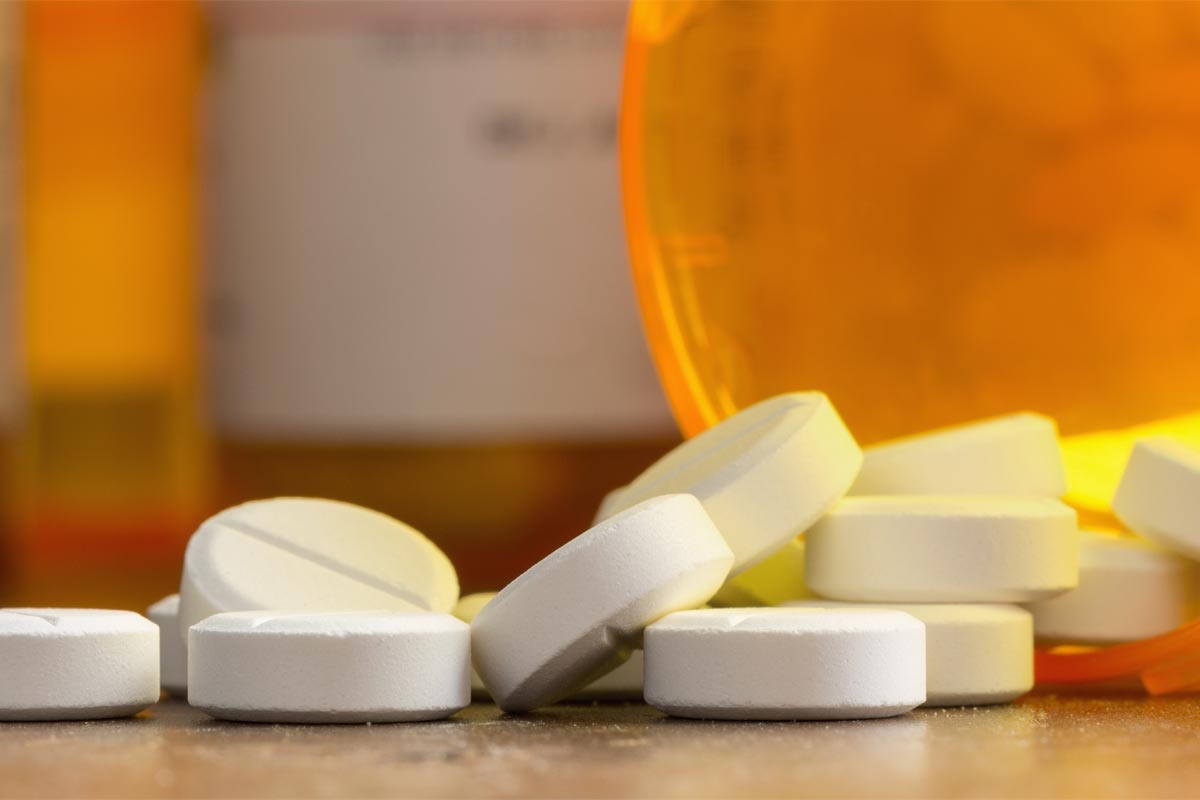
Alcohol use disorder and opioid use disorder. Addict, alcoholic, alcohol and/or substance abuser. Junkie, crackhead, dope fiend, pill head, et al. If you are in recovery, you’re acutely familiar with all of these terms. Many of you have even referred to yourself using such pejorative names. The language we use to describe people who have been touched by the insidious disease of addiction can, and does, have an effect on the afflicted. Even if those suffering from such conditions don’t know it.
Addiction is a complex disease that is centered in the brain. The causes are debatable, but the treatment is not—generally speaking. Despite the fact that use disorders are accepted mental health conditions, the general public remains skeptical about how much choice is involved. To be sure,
people suffering from addiction made an initial choice to try a substance. But what followed for those predisposed to the disease had little to do with choice. When we refer to people as abusers, a word still used among people even in the field of addiction, the condition becomes stigmatized. The word abuse is hardly ever accompanied by something good. Yet, even in modern times when addiction is understood better than ever, it is hard to change the language of addiction. Rest assured, however, that by altering how we talk about the disease, more people can be encouraged to seek help.
Addiction Stigma In The Language
Changing how we label substance use disorders is difficult. Even experts struggle to agree on the correct way to go about the renaming. Even when a label sounds scientific “use disorder,” dis-order still carries a negative connotation. The word “abuse” needs no explanation. Some people have even raised concerns about the word alcoholic, after all, there are centuries of negative undertones associated with the word.
What’s more, there is likely a huge contingent of people in recovery who would not be receptive to identifying as, “My name is John D., and I have an alcohol use disorder.” But changing how people in recovery refer to themselves is not as important, at the end of the day. Changing how society refers to people in the grips of addiction, could have a profitable effect. People who are described as having a form of chronic disease, are far more likely to seek help. Compared to people who are labeled as “X” abusers. And researchers tend to agree on this.
In fact, recent studies have shown that the language we use actually matters. Dr. John F. Kelly, director of the Recovery Research Institute at Massachusetts General Hospital in Boston and associate professor of psychiatry and addiction medicine at Harvard Medical School, conducted a study which supports this idea. His findings showed that medical professionals are more likely to treat people with substance use disorders differently if they are described as “abusers,” according to U.S. News & World Report.
“Dropping the use of stigmatizing language “can save lives,” says Dr. John F. Kelly. Certain language “could suggest willful misconduct, which some people believe should be punished, not treated.”
From Stigma to Treatment
Dr. Kelly’s sentiments are shared by the former Director of the Office of National Drug Control Policy (ONDCP), the article reports. Michael Botticelli, the executive director at the Grayken Center for Addiction Medicine at Boston Medical Center, says:
“Changing the Language of Addiction,” a 2016 paper he co-wrote for JAMA. “Stigma isolates people, discourages people from coming forward for treatment and leads some clinicians, knowingly or unknowingly, to resist delivering evidence-based treatment services.”
Botticelli co-authored a paper on this very subject that was published in JAMA.
Changing the language of addiction in America could help some of the millions of people who are resistant to seeking help. Fear of reprisals for seeking help is deeply rooted, due to the government’s response to addiction in the past. The stakes are extremely high, people are dying from the disease every day. If you or a loved one is struggling with addiction, please contact 10 Acre Ranch, today.






